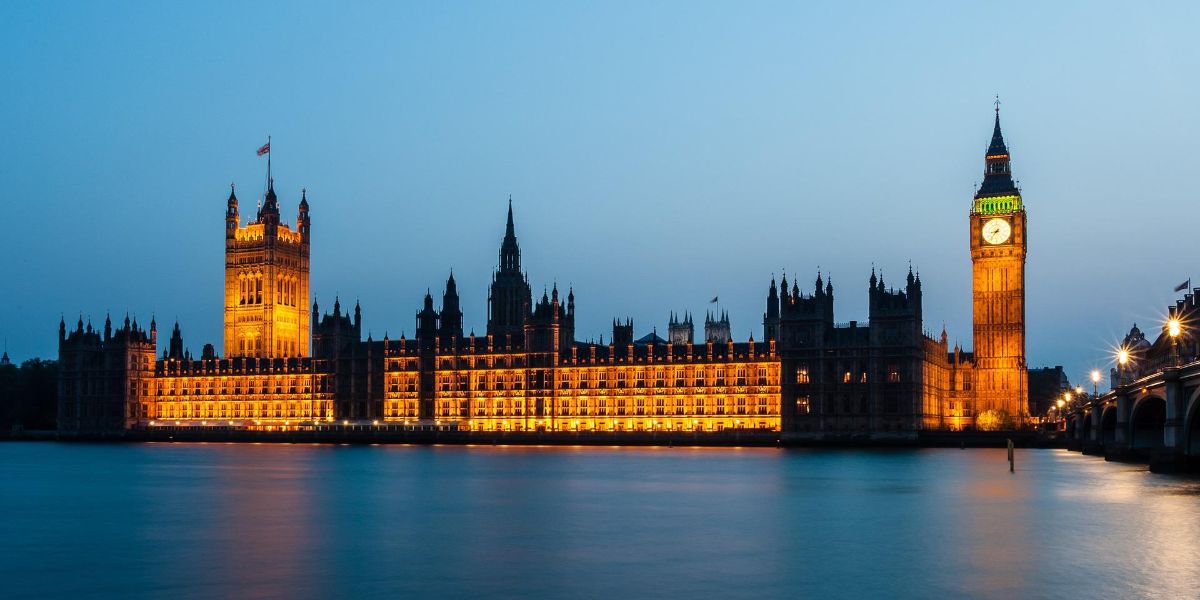The UK’s spring budget announcements will be delivered on 6 March 2024.
There has been speculation that tax cuts will be a priority in the budget, as the tax burden in the UK is at a high point and a general election is due within a year. Possible areas where the tax burden could be lightened include a cut in the basic rate of income tax; a rise in the income threshold at which the 40% tax rate applies; an increase in the annual personal tax allowance; measures to encourage more savings through individual savings accounts (ISAs); or amendments to inheritance tax. There could also be changes to pensions, on which there has been a consultation; or an increase in the maximum salary for receiving child benefit.
The Chancellor has recently stated that there is not as much room for tax cuts as at the time of the autumn statement, when national insurance contribution cuts were announced. There are currently concerns about a weak economy and low productivity in the UK, and inflation is still a concern. The Chancellor has therefore sought to manage expectations and emphasised that tax cuts would be done in a responsible way, especially as the IMF has recently advised against reducing tax.
At a press briefing on the World Economic Outlook on 30 January 2024 the IMF took the view that the UK should put in place medium term fiscal plans to prepare for a significant increase in spending pressures. The IMF commented that there will be a need for spending on modernizing the health system, and on social care and education. Public investment will be required to fund the climate transition and to boost economic growth. To make room for this spending the IMF advised that the UK will require tax and spending measures to manage these challenges and control debt levels. The IMF therefore advised against further tax cuts in the UK at this time and instead advised the UK to prepare for necessary government spending in the medium term.
















